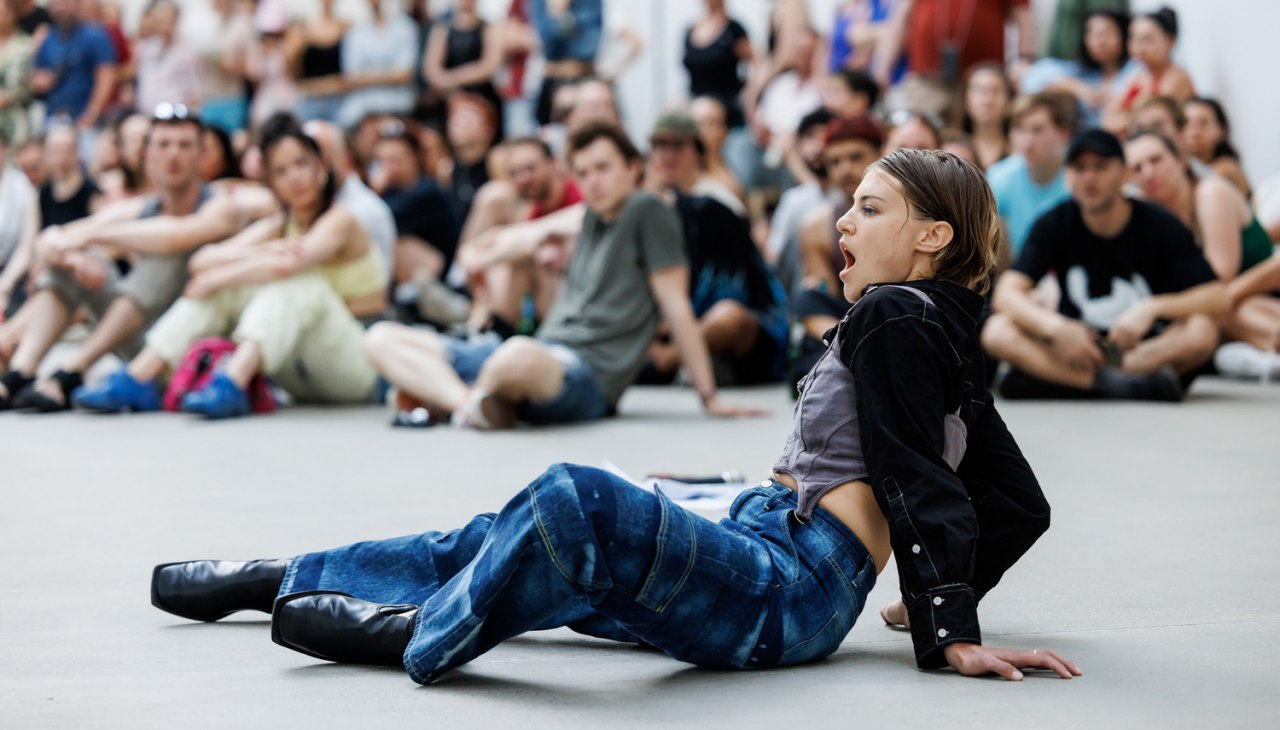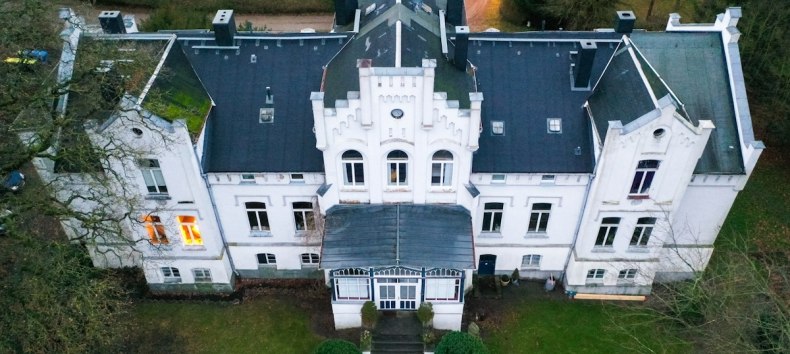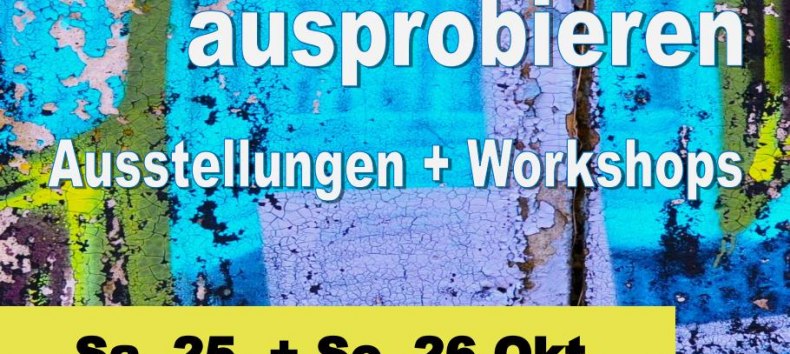In dialog with Cora Pongracz's exhibition, the Golden Hall of the Neustädtisches Palais is occupied by the artist Deva Schubert
EN
With 8 extended portraits, the Kunstverein für Mecklenburg-Vorpommern in Schwerin is presenting an exhibition that focuses on the work of Austrian photographer Cora Pongracz (1943-2003). Through the medium of photography, Pongracz's works open up a dialog about identity and diversity-sensitive representation. In order to reflect on the significance and potential of Pongracz's artistic work in the context of today's social discourses, a number of contemporary artists have been invited to react to and relate to Pongracz's work through their own photographic works, texts, performances and other forms of critical intervention over the course of the exhibition.
For the Kulturnacht 2025, the exhibition will be extended into Schwerin's urban space in a dialogical way. The Golden Hall of the Neustädtisches Palais, now the seat of the Ministry of Justice, will be occupied by artist Deva Schubert and her performance Glitch Choir, which further develops and rethinks the discourse on identity and the politics of image and representation in this historic building. Glitch Choir transfers the phenomenon of the glitch - a disturbance in the transmission of digital information, such as a distorted image or a stagnant video - into analog space. At the center of the piece is the recomposition of a lament through "glitching". Historically, public mourning was mainly performed by women who expressed the pain of others over the deceased in return for payment. It is mostly women who are allowed - or condemned - to "glitch" the private into the public. The performers create a collective body of grief by creating a space of intimate resonance. In the vocal distortion inherent in the lament, grief is transformed into a collective glitch.
ENWith
8 extended portraits the Kunstverein für Mecklenburg-Vorpommern in Schwerin presents an exhibition that places the work of Austrian photographer Cora Pongracz (1943-2003) in focus. Through the medium of photography Pongracz's works open a dialogue about identity and a politics of representation that is sensitive towards diversity. In order to reflect both the significance and the potential of Pongracz's artistic practice in the context of current social discourses, a number of contemporary artists have been invited to respond and relate to Pongracz's work through their own photographs, texts, performances, and other forms of critical interventions, throughout the exhibition.
For Schwerin Cultural Night 2025, the exhibition expands dialogically into the urban space of the city. The Goldener Saal [Golden Hall] at Neustädtisches Palais, today the Ministry of Justice, is taken over by the artist Deva Schubert and her performance Glitch Choir, which further develops and rethinks the discourse on identity as well as image and representation politics within this historic building. Glitch Choir transfers the phenomenon of the glitch (a disruption in the transmission of digital information, such as a distorted image or stuttering video) into the analog realm. At the heart of the piece is the recomposition of a lament through glitching. Historically, public mourning was primarily performed by women, who, for payment, gave expression to the grief of others for the deceased. It is mostly women who are allowed-or condemned-to glitch the private into the public. The performers create a collective body of mourning by establishing a space of intimate resonance. In the vocal distortion inherent to the lament, a transformation of grief into a collective glitch takes place.
Deva Schubert
Glitch Choir
25.10.2025, 19:30Goldener
Saal (Neustädtisches Palais
)- Kulturnacht 2025 -




